
Featured Blog | This community-written post highlights the best of what the game industry has to offer. Read more like it on the Game Developer Blogs.
Game Preservation: Saving digital worlds for future generation of gamers
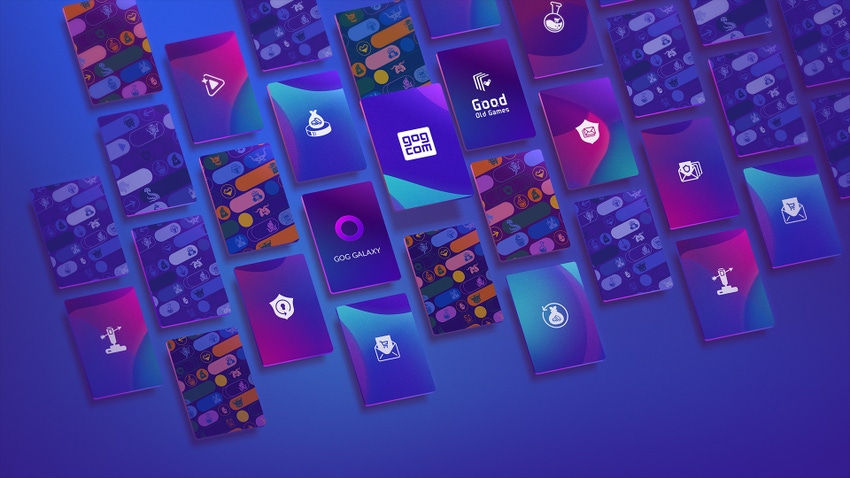
In the world of entertainment, video games have become an integral part of our culture and global heritage. They provide us with immersive experiences, compelling stories and, as Tyrion Lannister once said, ‘there is nothing in the world more powerful than a good story’. However, there's an ongoing concern on how to preserve digital products like video games. Unlike physical forms, video games face unique challenges when it comes to preservation.
The rise of digital distribution
15 years ago, when GOG (referred to as Good Old Games at that time) was taking its baby steps, the PC gaming market looked different from what it is now. Physical retailers were the main source of game sales, far surpassing digital distributors. However, the situation took a completely different turn. Digital distribution in PC gaming began to dominate, and with the rise of it, many new DRM software programs were introduced to protect against piracy. Despite their intentions to safeguard copyright holders' rights, they proved ineffective and began to annoy gamers around the world, often restricting how they can access content they bought.
The DRM-free approach, for which GOG is known, is vital, not only from a customer's perspective who desires the freedom to enjoy and retain the games they purchase, but also from the standpoint of game preservation. We would not be able to preserve games for future generations of gamers with DRM included, because it might prevent you from launching the game in the future when it will no longer be able to verify the license, as well as the more common difficulties it causes with accessing your purchased titles when you have poor or no internet connection. Owning a game without DRM also gives you the freedom to have it on your disc or other storage spaces and launch it whenever you want. This way, you can preserve it for decades, and the game's build remains unchanged.
Prove your IP ownership
Proving intellectual property ownership becomes more complex when we are dealing with a retro title, and the copyright holders are now working in different companies, have sold their rights to someone else, or have even passed away. In these cases, the paper trail guides us to legal heirs or other individuals defined by law who are eligible to receive inheritance.
From the perspective of GOG, a worldwide distribution platform, we identify three key conditions for releasing a game. First and foremost is the aforementioned requirement of intellectual property ownership or an active license for the IP. Secondly, the person or company seeking to release the game must own the rights to everything associated with the game, including the code, build, graphic assets, music, videos – virtually all components included in the game. Last but not least, they must have the right to distribute the game globally. Without these three essential elements, releasing the game and distributing it to gamers through platforms like GOG is not possible.
Rome wasn’t built in a day
Game studios and publishers these days have plenty of work with games in current pipelines, and it’s not easy for them to find time for retro titles – especially when they need to deal with the unclear legal situation around certain titles. GOG has released nearly 1500 classic titles, each of which requires finding a source build for the game, adapting them to modern PCs, and ensuring gamers receive the best possible experience without losing the original vibe. This makes us experts in the whole process, particularly in reaching out to individuals we believe may have ownership rights to the games. However, sometimes the results of our searches are inconclusive. Over the course of our 15 years in existence, we have put in a lot of effort to bring classics like Diablo, METAL GEAR SOLID, The Wheel of Time, and many more to our platform. In most cases, it took years to make it happen.
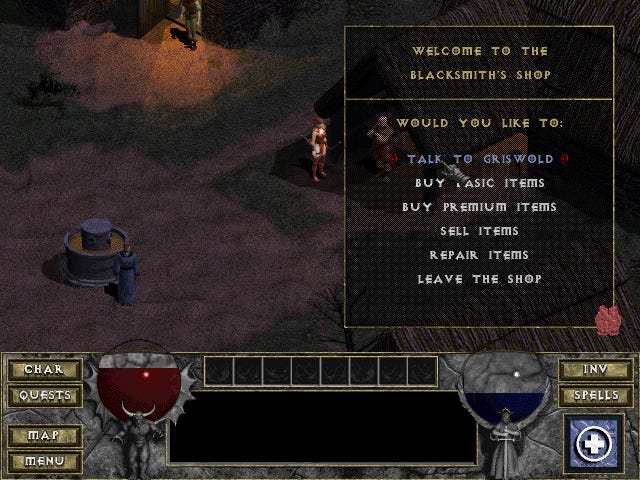
Diablo is a perfect example of a game we tried to release for almost a decade, and we finally succeeded in 2019, but it required a great deal of effort on both our and Blizzard’s side. Another example is Legacy of Kain, originally released by Crystal Dynamics, a developer studio acquired by Eidos Interactive, which was later acquired by Square Enix. All the legal efforts to prove ownership of the rights took almost eight years before the game could finally be released on GOG. One crucial point that needs to be emphasized here is that we cannot conclusively determine whether someone holds the rights or not. It is the responsibility of a company or an individual to ensure and provide the necessary legal basis to establish ownership over the entire game or specific parts of it. We can, however, help in that process by doing our own research and sharing the results.
Polish is part of the process
One thing is to release the game, but another is to make it available and playable on modern operating systems. Retro games have the power to evoke nostalgia which is why we are dedicated to preserving the original experience. In these situations, GOG’s Tech Team ensures the games work on modern systems using our in-house tools that we are constantly improving for over a decade now. This is complemented by our extensive experience in this domain.
We often work closely with developers and/or IP owners to revamp their games, delivering a high-quality product that is accessible to all generations of gamers. The release of Mortal Kombat Trilogy in 2022 showcases this collaboration flawlessly. The GOG Tech Team has worked closely with Warner Bros. to ensure that this timeless classic offers a smooth experience on modern operating systems.
Conclusion
Historically, we've seen cases where entire games or their components were lost due to insufficient preservation efforts or a lack thereof. In some cases, source code or assets were either misplaced, destroyed, or deemed unimportant after a game's release. These lost worlds represent not only a loss of entertainment but also a loss of cultural and historical heritage.
As a gamer, but also a developer and publisher, you can play a role in preserving video game history. Here are a few things you can do to contribute to the cause:
Advocate for legal changes: Raise awareness about the challenges of game preservation and advocate for changes in copyright laws that allow for more flexible preservation efforts;
Participate in the gaming community: share your insights, and encourage discussions about game preservation within your gaming community;
Support game preservation efforts: Donate to organizations that focus on game preservation or contribute your expertise if you have relevant skills;
Backup Your Games: Whenever possible, back up your game files and source codes. While this won't solve the broader issue, it can help preserve the games you love on a personal level.
Promote DRM-free approach: DRM-free games remain accessible, even if the publisher or distributing platform changes its policy. Advocate for avoiding DRM software whenever feasible.
Preserving video games is not just about saving entertainment, it's about safeguarding our cultural and historical identity. It's about ensuring that future generations can step into the virtual worlds we once explored and understand the evolution of an art form that has become an essential part of our society. The time to act is now, for every lost game is a piece of our heritage that fades away.
Read more about:
Featured BlogsAbout the Author(s)
You May Also Like


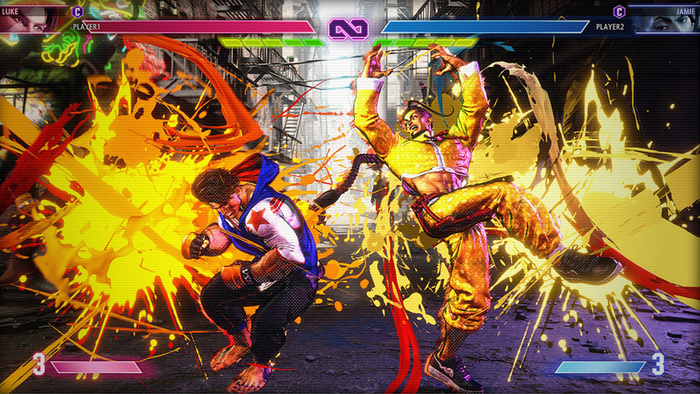
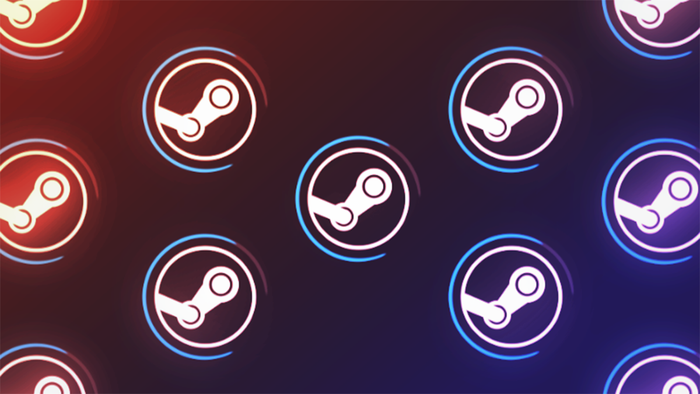
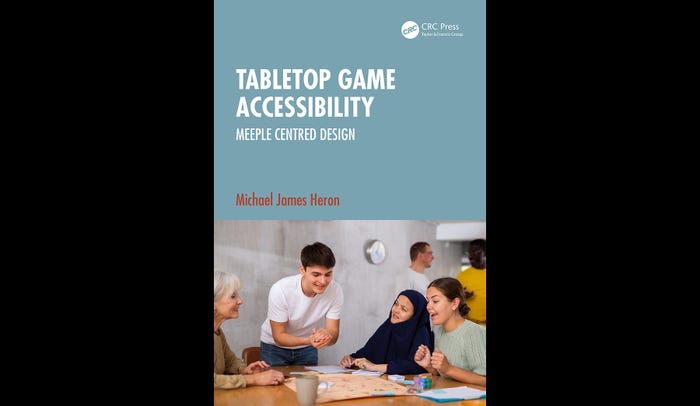


.png?width=300&auto=webp&quality=80&disable=upscale)





